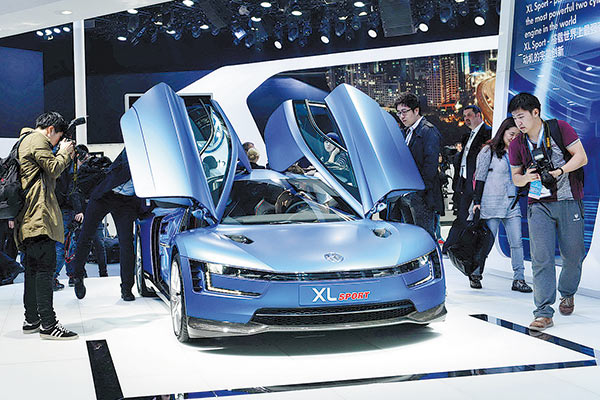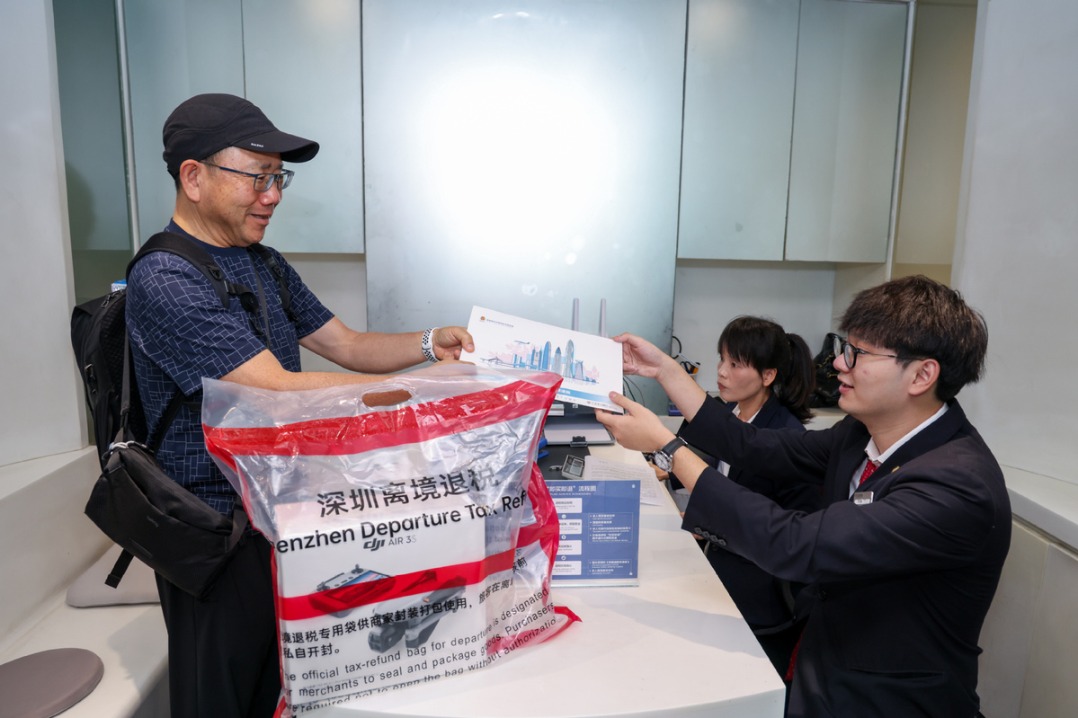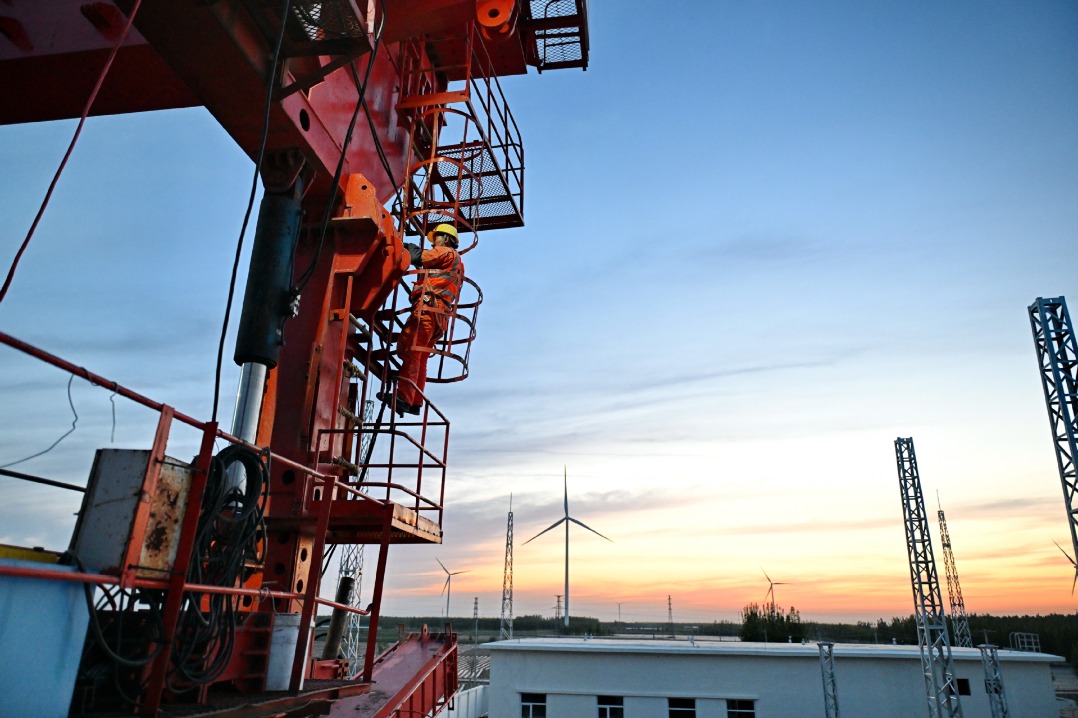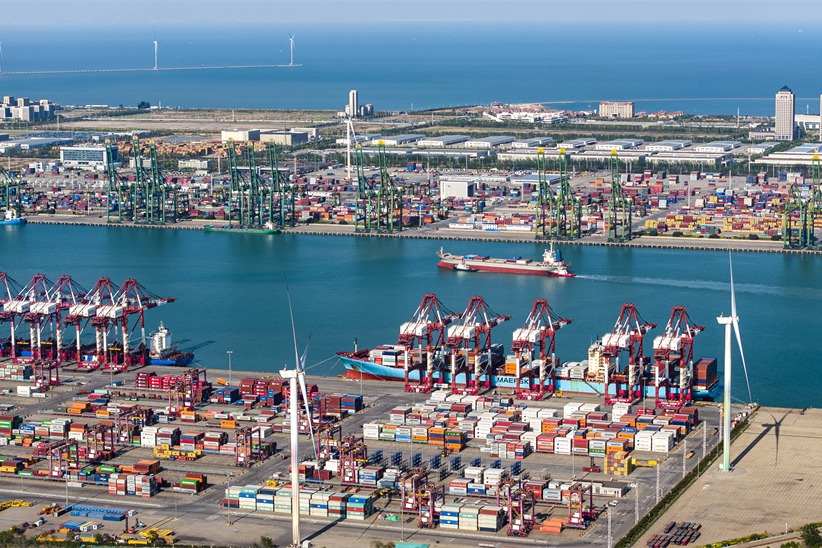New energy car sales to be 10% of total by 2020


China expects new energy vehicles to account for 10 percent of car sales by the end of the decade, according to a senior industry official.
In a recent interview with China Central Television, Miao Wei, minister of industry and information technology, said China has set a target for such cars to account for 8 percent of sales in 2019 and 10 percent in 2020.
If annual car sales were to remain the same as in 2017, that would mean 2.3 million new energy cars would be sold in 2019 and nearly 3 million in 2020.
Last year, 777,000 new energy cars were sold, accounting for 2.6 percent of total car sales in the year, according to the China Association of Automobile Manufacturers, which estimated that such sales will reach 1 million this year.
China has been the world's largest market for such cars since 2015, with more than 1.7 million on its roads as of the end of last year.
Miao confirmed that China is considering a timetable to ban sales of conventionally powered cars but he added, "At the current stage, the more important task is to decide the proportion of such cars each year after 2020."
In a car development guideline released last year, China set a goal for such cars to account for 20 percent by 2025.
Cui Dongshu, secretary-general of the China Passenger Car Association, said, "The 2020 target is challenging, but we in the industry are invigorated, as developing new energy cars is one of the most important driving forces of China's industrial transformation."
Cui said with the help of favorable policies "the goal is worth a good try".
Carmakers in China are stepping up their efforts to shift their focus to electrification, as they are required to produce new energy cars as a certain ratio of their total output starting from 2019.
Statistics from the China Passenger Car Association show that new energy cars already accounted for more than 10 percent of sales at some Chinese brands such as BYD and JAC Motors last year, while the ratio was quite low at others, including FAW Group and Dongfeng Motor.
Most carmakers present in China, both Chinese and international, have released their plans for electrified product offerings.
Both Chongqing Changan Automobile and BAIC Group said they would phase out conventionally powered cars by 2025.
By then, Changan will have launched 21 electric car models and 12 plug-in hybrids. It has also inked agreements with Ping An Bank and China Minsheng Banking to build an investment platform worth up to 100 billion yuan by 2025.
New energy cars are among the most popular themes in the proposals brought to China's two sessions.
Wang Fengying, a deputy of the National People's Congress and also president of Great Wall Motor, proposed that local governments should prevent protectionism, which is detrimental for the sector's overall development.
She also suggested that instead of offering financial subsidies to new energy car owners, local governments should spend more on facilitating car use, like building charging infrastructure.
Great Wall Motor, China's largest SUV producer, inked a deal with BMW earlier this year to localize electric Mini-branded cars.
Volkswagen is betting heavily on China's new energy car sector with a 10 billion euro ($12.5 billion) budget and up to 40 models in the pipeline.
"We are fully on the way with our new energy vehicle strategy Roadmap E, which means our plan for 2020 is to sell around 400,000 new energy cars in China and in 2025, 1.5 million," said the German carmaker's China chief Jochem Heizmann.
Nissan Motor's Chinese joint venture, Dongfeng Motor Co, said it would introduce at least 20 electrified models across its Dongfeng, Nissan, Venucia and Infiniti brands by 2022. Of those, six models will be introduced by the end of 2019.
The joint venture said it expects such cars to account for 30 percent of its estimated annual sales of 2.6 million vehicles in 2022. "With our new midterm plan, we have the roadmap to guide us through the shifting terrain ahead," said Jun Seki, president of the joint venture, in an earlier interview.




































